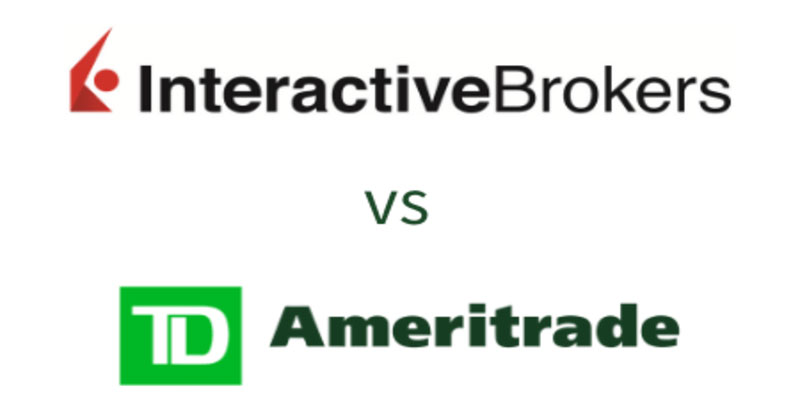Definition, Term, and Transaction Date of Credit Card Posting
May 26, 2025 By Kelly Walker
Credit card transactions, including purchase, and chargeback, all have a post date, which indicates when the transaction was resolved and recorded.
A Guide To Credit Card Posting

When a card is used for a purchase, the transaction goes through a clearing and settlement procedure, which includes credit card posting. A cardholder's account will include the typical purchases made with the card and any other transactions made with the card.
Refunds and chargebacks are two examples of non-standard financial dealings. The dates of the transaction and its subsequent posting are standard practice. The purchase date is when the transaction is logged into the cardholder's account.
Until a transaction is finalized, it will be shown as "pending," and no post date will be shown. The transaction date and the post date can be the same day, but more frequently than not, the post date is one or more days following the transaction date.
When a transaction takes place, the accompanying money is temporarily held. In proportion to the transaction amount, the hold will reduce the cardholder's available credit. Funds will be held between the moment of the transaction and the day they are officially posted.
Transaction Processing
Each given credit card transaction involves several different entities. There are three primary players: the acquiring bank, the issuing bank, and the network processor. The acquiring bank for a business is the financial institution that helps process customer payments for goods and services. The acquiring bank will communicate with the card's corresponding processing network.
To confirm and authorize the transaction, the processor contacts the issuing bank. As soon as the authorization is complete, the processor will forward the confirmation to the merchant bank, which will notify the merchant and initiate the deposit settlement procedure. Authorization is presumed if both the issuing and merchant banks confirm the transaction.
Money Changed Hands, Refunds, and Chargebacks

Each given transaction may sit in limbo for up to two business days before being officially recorded in the respective account. Posting is often triggered by settlement with the settlement bank.
The communication method around a refund or chargeback may differ from that of a typical transaction. This is because the initiative for allowing communication may come from either the issuing bank or the merchant.
When a merchant processes a refund for a consumer, the transaction cycle remains the same, but the corresponding communication is used to cancel the charge. If the consumer initiates a chargeback, the issuing bank will attempt to facilitate dialogue.
It may even assume the obligation to issue a chargeback to the customer pending an investigation into the allegation. The issuing bank may initiate this chargeback in the event of a fraudulent transaction.
Payment Scheduling
Unless the transaction involves a credit card payment, the cardholder often only cares a little about the time that elapses between the transaction date and the post date. To avoid being charged a late fee on a credit card payment, the cardholder must know the precise day the payment will post.
Credit card firms communicate the date when payments are sent to credit cards. To ensure same-day publishing, most credit card issuers have a daily cutoff time for receiving payments.
This is the norm during regular business hours, but it may be different on weekends and holidays. For payments to be posted on the same day for Discover cards, for example, cardholders must submit payments by 5:00 pm Eastern Standard Time.
Date Posted vs. Date Paid
Credit card and payment posting dates may sound the same, but they are two different dates. In contrast to "credit card post date," which refers to the day charges such as purchases, balance transfers, and cash advances are posted to your account, "payment posting date" refers to the date on which payments are actually credited to your account.
There might be significant differences in policy between the two dates. It all depends on when you make your payment and the regulations of your credit card company, but credit card payments are often reflected the following business day.
If your credit card issuer only posts fees paid before 5:00pm in the time zone listed on the bill on the exact same business day, then a fee paid at 6 pm on the due day may not be reflected in my account until the next business day, even though it was paid on the due date.
Payment may be credited to your account before it has been posted, but the increase in your available credit may only occur once the payment has been posted.

MoneyGram vs. PayPal vs. Xoom: Who Has the Lowest Fees?

Settling-In Allowance: What is it?

Impact of Basel III rules on bank investment

Where In The United States Is Best To Purchase A Winter Home?

Should You Refinance Your Mortgage When Interest Rates Rise?

What is a Credit Limit

Teaching your kids about financial literacy doesn't have to be boring. Here are some creative ways to use games to make learning fun for your children.

What Is The Difference Between Interactive Brokers And Td Ameritrade?

What is a Car Depreciation

What is Growth Stocks

Best Wells Fargo Credit Cards
